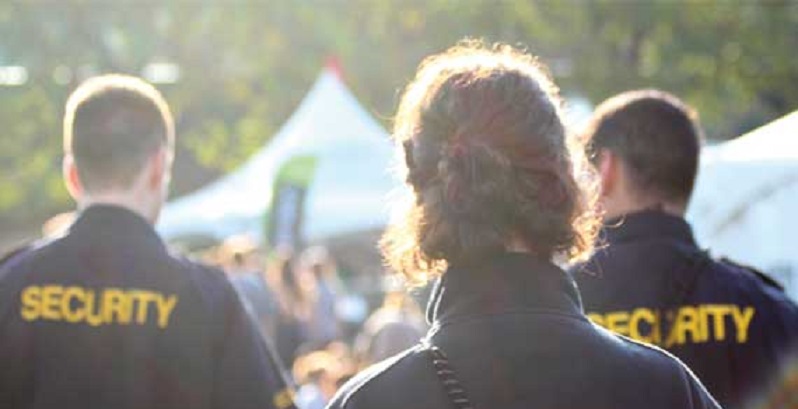
8 Key Steps to Maximize Your Event Security
As the security needs vary for different events, so does your security arsenal. For example, security needs for a birthday party would be much different than the security needs for a large corporate event. However, the frequency of violent incidents at public venues has heightened awareness and concern in recent years. Events like trade shows and conferences are considered soft targets. It means that they’re relatively unsafe and unprotected. Here are a number of the ideas they shared:
Develop an Emergency Plan
You’ll want to take a seat together with your security team and, therefore, the venue before the event to make an emergency response plan. The plan aims to draft a procedure that everybody will act in an emergency.
Screen Your Staff
Sadly, many security risks come from within. It’s essential to carefully vet anyone who works for you to ensure they don’t have wrong intentions. Therefore, install CCTV cameras, run background checks on everyone who works for you. Run credit checks, too, especially for people that have access to large sums of cash. If your staff members don’t work together often, before the event, introduce them to at least one another. Instruct them to look out for people that don’t belong posing as staff. If you’ll, give your team a singular identifier (like a wrist band, stamp, or T-shirt) on the day of the event. Don’t let anyone access the identifier beforehand.
Consider Hiring Outside Help
Once you are hiring the professionals, hear them carefully. Trained security professionals can identify holes in your security plan you’ll not see. The skills agitators and trouble makers think to assist you in prioritizing your security resources for the simplest results. If you don’t want to rent a personal security team, consider hiring off-duty cops. They’re trained for this stuff and legally allowed to hold a firearm. Contact your local department to find out the way to hire cops.
Keep Your Security Measures Visible
The main goal of security isn’t to reply to threats. The goal is to stop threats from happening in the first place. It’s best if a possible agitator sees your security measures and moves on. It is why hiding your security team or putting them undercover throughout your event does more harm than good. Agitators think the event is unprotected and should plan to start trouble. In one case, an occasion organizer placed metal detectors at the entrances to the event but hid them with bright décor.
Create Security Checkpoints
One of the critical ways to guard against security threats is to line up checkpoints far away from the gathering that attendees must undergo to urge inside. This forces agitators to confront security personnel (or even just your registration staff) long before they will cause any damage. However, rather than installing your registration desk right outside an auditorium’s doorway, you’d want to put it a couple of hundred feet away within the facility’s lobby. In this manner, if an uninvited person tries to enter, they’ll be stopped before they reach the crowd.
Match IDs to Registration Information
Ensure that the people who attend the event reach there. It’s important to gather identifying information beforehand once they register. Collect multiple data points – like name, date of birth, and address (or similar) – to make it more challenging for an intruder to assume someone’s identity. Ideally, you’d want each guest to send you a replica of their ID so you’ll compare it to their ID at the gate. That’s the simplest thanks for confirming identities, but it’s not always feasible. However, if someone fails to bring an ID or their ID doesn’t match your registration information, it’s best to not allow them in.
Keep Private Events Private
Some organizations wish to announce their events publically, albeit the events aren’t hospitable to the general public. They mention their events on websites, in newsletters, in press releases, and on social media. We all know you’re pleased with your event, but informing the general public about an occasion may be a security risk. For example, a dinner for a company’s upper management isn’t hospitable to everyone, so there’s no got to tell everyone. If agitators don’t realize the event, they can’t disrupt it or cause anyone harm.
Consider Cyber Threats
Not all event security risks are physical. As an occasion planner, you’ll want to require some steps to guard your guests’ data, identities, and devices. For starters, it’s best to use password protected Wi-Fi service. It isn’t always practical during large events, but it’ll safeguard against security threats by keeping unwanted parties off the network. Share the password through means only your guests can access, like within the registration materials or through your custom event app.
